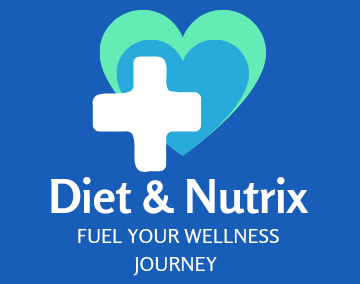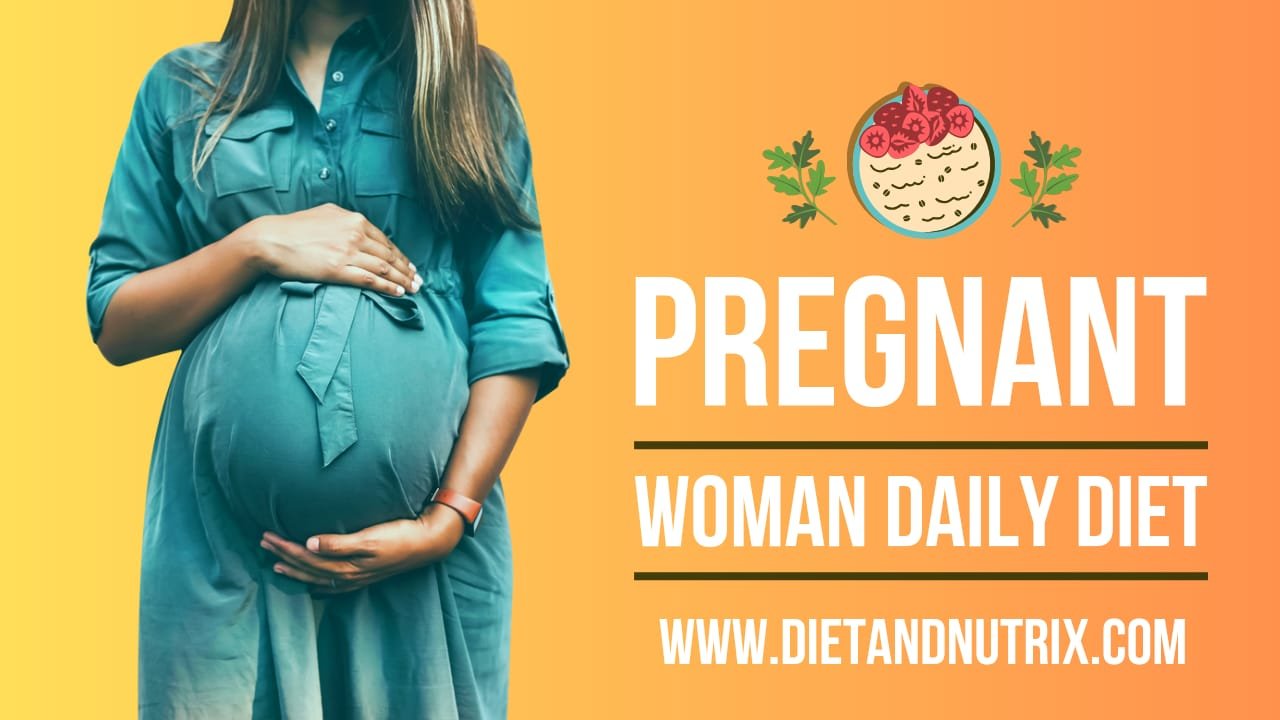The Best Diet for the Second Trimester of Pregnancy
The “honeymoon phase” of pregnancy is often referred to as the second trimester, which lasts from weeks 13 to 27. During this period, numerous ladies find help from early pregnancy side effects like morning disorder and partake in a flood in energy. However, it is also an important time for your baby’s development.
In this comprehensive guide, we’ll explore the best diet for the second trimester of pregnancy. We’ll cover essential nutrients, provide sample meal plans, and offer practical tips to ensure both you and your baby get the nutrients you need.
Why Diet is Important in the Second Trimester
As your baby continues to grow rapidly, their nutritional needs increase. The second trimester is a crucial time for the development of organs, bones, and the brain. Eating a balanced diet rich in essential nutrients supports this development and keeps you healthy too.

Essential Nutrients for the Second Trimester
- Protein: Vital for the growth of fetal tissues, including the brain. It also supports your increased blood supply.
- Sources: Lean meats, poultry, fish, eggs, beans, nuts, and dairy products.
- Calcium: Necessary for building strong bones and teeth for your baby.
- Sources: Milk, cheese, yogurt, fortified plant-based milks, almonds, and leafy greens.
- Iron: Helps your body produce more blood to supply oxygen to your baby. It also prevents anemia.
- Sources: Red meat, poultry, fish, lentils, spinach, and iron-fortified cereals.
- Folic Acid: Crucial for preventing neural tube defects and supporting overall development.
- Sources: Leafy greens, citrus fruits, beans, peas, and fortified grains.
- Omega-3 Fatty Acids: Essential for brain and eye development.
- Sources: Fatty fish (like salmon and sardines), flaxseeds, chia seeds, and walnuts.
- Fiber: Helps prevent constipation, a common issue during pregnancy.
- Sources: Whole grains, fruits, vegetables, legumes, and nuts.
- Vitamin D: Supports bone health and immune function.
- Sources: Sunlight exposure, fortified foods, and supplements as recommended by your doctor.
- Vitamin C: Enhances iron absorption and supports immune health.
- Sources: Citrus fruits, strawberries, bell peppers, and broccoli.
Sample Meal Plan for the Second Trimester Pregnancy
Breakfast:
- Greek Yogurt with Berries: High in protein and calcium. Add a sprinkle of granola for fiber.
- Fortified Orange Juice: Rich in vitamin C and folic acid.
Mid-Morning Snack:
- Apple with Almond Butter: Provides fiber, healthy fats, and protein.
Lunch:
- Grilled Chicken Salad: Mixed greens, cherry tomatoes, cucumber, and a vinaigrette dressing. Add a whole grain roll for additional fiber.
- Side of Quinoa: A great source of protein and essential amino acids.
Afternoon Snack:
- Carrot Sticks with Hummus: Offers fiber, vitamins, and healthy fats.
Dinner:
- Baked Salmon: Rich in omega-3 fatty acids, paired with quinoa and steamed broccoli.
- Mixed Green Salad: With a light dressing for additional vitamins and minerals.
Evening Snack:
- Cottage Cheese with Pineapple: Provides protein and a sweet, satisfying end to your day.
Hydration and Additional Tips
- Stay Hydrated: Drink plenty of water throughout the day. Aim for at least 8-10 glasses of water daily.
- Continue Prenatal Vitamins: These ensure you get all the necessary nutrients.
- Avoid Certain Foods: Steer clear of raw or undercooked seafood and meats, unpasteurized dairy products, and excessive caffeine.
- Small, Frequent Meals: Helps manage blood sugar levels and prevents heartburn.
- Listen to Your Body: Eat when you’re hungry and stop when you’re full.
Common Questions About Second Trimester Pregnancy Nutrition
Q: How much weight should I gain during the second trimester?
A: Weight gain varies for each woman, but on average, expect to gain about 1 pound per week during the second trimester.
Q: Can I still drink coffee?
A: Yes, but limit your intake to 200 mg of caffeine per day, which is about one 12-ounce cup of coffee.
Q: What if I’m vegetarian or vegan?
A: You can still get all the necessary nutrients. Focus on plant-based proteins like beans, lentils, tofu, and ensure you’re getting enough iron and vitamin B12 through fortified foods or supplements.
Foods to Avoid in the Second Trimester
- Raw or Undercooked Seafood and Meat: To avoid bacterial infections.
- Unpasteurized Dairy Products: Risk of listeria, which can be harmful to your baby.
- High-Mercury Fish: Such as swordfish, shark, and king mackerel.
- Excessive Caffeine: Can increase the risk of miscarriage and low birth weight.
Conclusion
Maintaining a balanced and nutritious diet during the second trimester is essential for your health and your baby’s development. Focus on incorporating a variety of nutrient-rich foods to ensure you and your baby get everything you need. Remember, every pregnancy is unique, so consult your healthcare provider for personalized advice.
For more tips and personalized advice on pregnancy nutrition, visit Diet and Nutrix.


